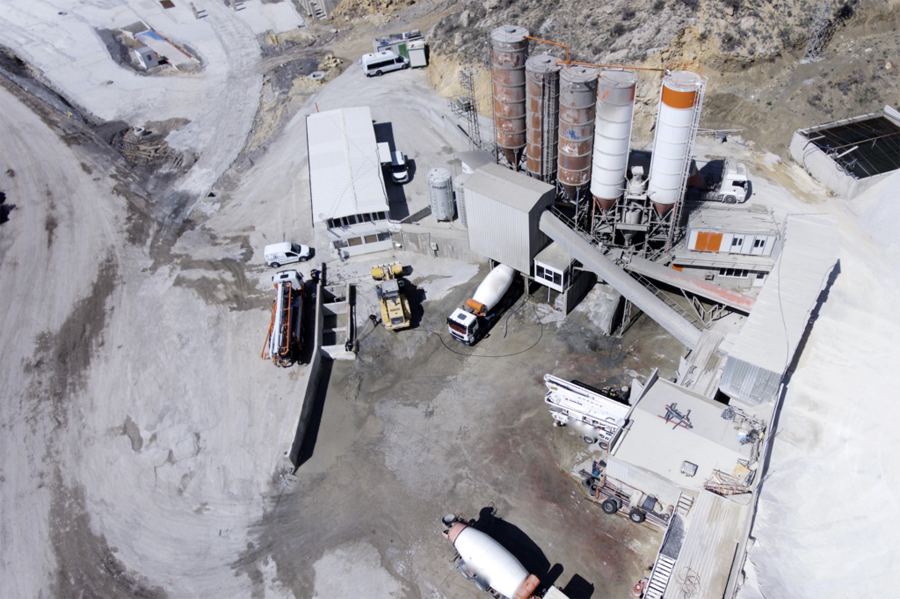
Digitising the construction process alongside providing a record of all activities into and out of construction sites as well as the previously-unseen processes that support the delivery of large-scale national projects is key to hitting strict emissions targets, especially after the recent Glasgow agreement outlined at Cop26.
DV2 is one of Scotland’s largest capital investment infrastructure programs to date, and an opportunity to showcase how technology can augment the construction process to improve operations. Hypervine’s won its DV2 bid by introducing technologies that capture end to end site data that is standardised, organised and categorised, as well as cost and emissions being recorded and accountable.
“Hypervine has come a long way since its inception, an idea spawned when a wall at Oxgangs Primary School in Edinburgh collapsed with “no warning,” Paul Duddy, Hypervine CEO said in the statement.
“Since that starting point, we have grown our product stack significantly, our technology now helps construction firms win bids, reduce costs and improve their carbon footprints whilst giving visibility over previously unattainable site operations. We… see an exciting digital future for construction, working together to reach Net Zero across the industry.”
Construction companies and projects of such magnitude are faced with real difficulties when meeting emissions targets. The World Green Building Council calculates that 11% of global energy-related carbon emissions are from materials and construction, whilst the production of cement accounts for 8% of global carbon emissions, according to the Chatham House think tank.




